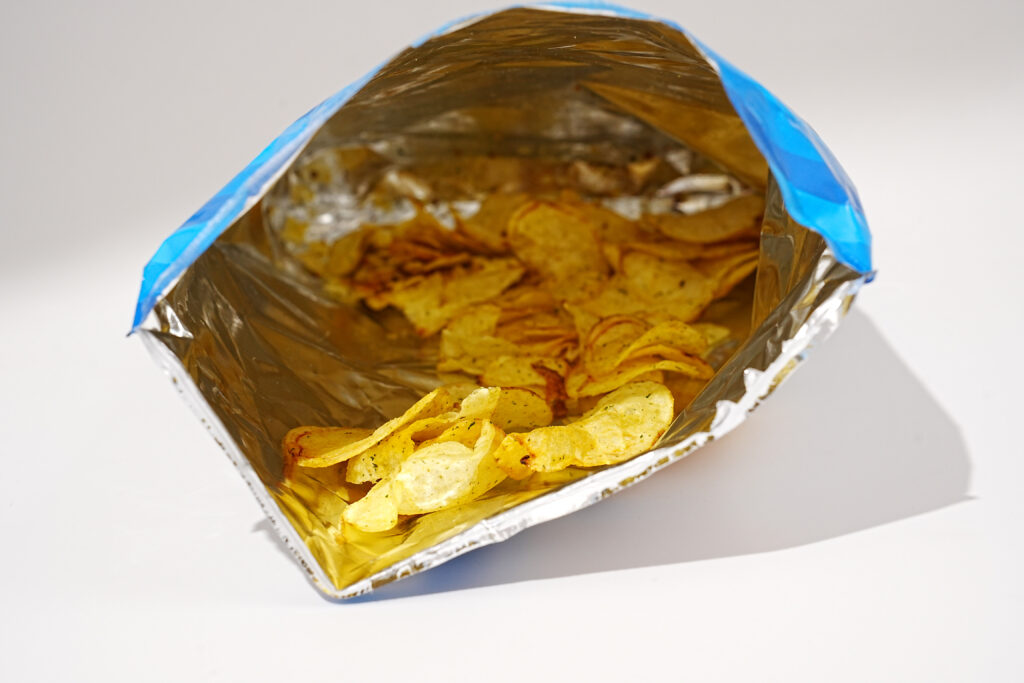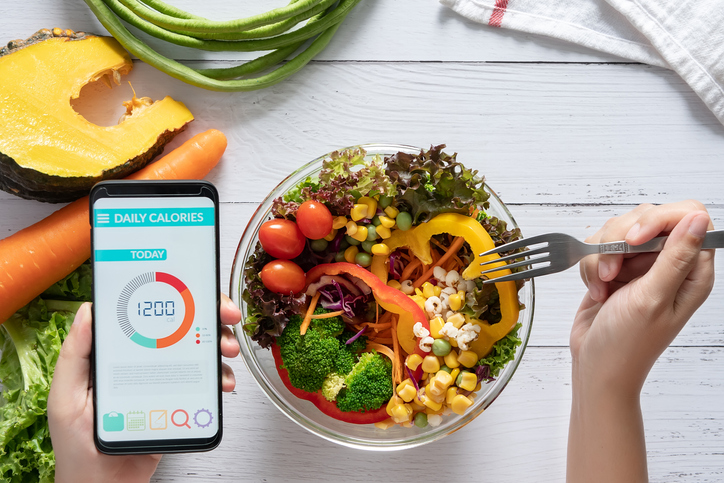We've written about healthy foods to put in your body in the past...but what foods shouldn't you put into your body? You might already be thinking "Yeah, yeah, I know to avoid junk food, it's the age-old advice." It's true that ultra-processed food and junk food go hand in hand, but it can sometimes show up where you might not expect it.
It's too easy for busy attorneys like yourself to put your mental and physical health on the backburner as you address the needs of clients first. However, it's important to take care of yourself so that you can take care of others, and nutrition plays a big part in that. After working long hours, it might be tempting to go for whatever is quick and easy, but that can be damaging in the long run. Let's take a closer look at the dangers of ultra-processed food together.

Unprocessed vs. Processed vs. Ultra-Processed. It's important to understand exactly what qualifies as ultra-processed food before tackling why it's so bad for you. Here's a comparison between the aforementioned three types of food:
Unprocessed: Food in its original form including fresh vegetables, fruit, meat, eggs, and nuts.
Processed: Food that has gone through a change such as canned food, cheese, beef jerky, wine, and olive oil.
Ultra-Processed: Food that has been broken down and created through industrial processes such as packaged cereal, cookies, candy, chips, frozen dinners, soda, and protein bars.
You could not make ultra-processed food at home if you wanted to. They are created from basic food crops such as corn, wheat, and potatoes, which are broken down into their molecular parts and pressed into a slurry-like substance. These hard-to-pronounce "ingredients" are industrially manufactured. From there, artificial colorings, flavorings, preservatives, and glue-like emulsifiers are added, and the slurry is crafted into something that resembles food...but it's more like pre-digested food if anything.
This pre-digested slurry has little in the way of nutrients and moves through your digestive system incredibly fast. It will not grant you the feeling of fullness, but it will make you crave more since it gives you a hit of dopamine with its addicting taste. It's the illusion of food and nothing like the fuel your body needs to keep going.

Here's a scary fact: Estimates say 73% of the food supply in the U.S. is made up of ultra-processed foods. The sad truth is it's cheaper for food companies to reduce real foods into molecules and reassemble them into addicting ultra-processed foods. Times are tight and work keeps us busy; it's too easy to opt for what's cheap and convenient. It may not nourish our bodies, but it certainly nourishes their profit margins. Quality and health are not their priority...which is why you have to make it yours!
Take time to check the ingredients of what you're buying. The fewer ingredients and the more words you recognize, the better. Those crazy ingredients you've never heard of or struggle to pronounce usually mean it's factory-produced, which you should be wary of. Watch out for artificial dyes too, considering we're fresh off the Red Dye No. 3 ban. You never know what could get banned next (though we should all have an inkling).
Doing this might just surprise you! For example, you might think applesauce is healthy, but it's usually pumped full of sugars. And that cereal billing itself as being heart-healthy might not be so healthy after all. Reach for food in its most original form instead.
One last bit of advice: be aware of liquid calories. These same threats reside in what we drink as well as what we eat, and you can ingest a mind-blowing number of calories through sugary soda pop or your favorite Starbucks drink.

We are still in the process of finding out exactly what harmful consequences ultra-processed food will have on our society, but more and more studies are being released, linking these foods to cancer, depression, diabetes, heart disease, and so on. Harvard Health recently released a study observing the link between depression and ultra-processed foods, given their ability to disrupt our gut microbiomes (which happen to have a direct connection to our brains). Lawyers are already at great risk of depression, burnout, and other mental health problems due to high stress careers. It's important to find ways to mitigate burnout before it's too late.
These unhealthy and addictive foods also sap your mental sharpness, contribute to brain fog, and increase feelings of stress, something a hard-working attorney can't afford. This is because they cause blood sugar spikes, nutrient deficiencies, and trigger inflammation in both the brain and the gut. Not only are you starving your mind of the fuel it needs, but you're also offering it harmful substances that slow it down.
If ultra-processed food is a staple of your diet, it's time to rethink your meal plans and snack smarter. Prioritize whole, nutrient-dense foods that have been minimally processed, and you will find yourself feeling better for it. Stay sharp for your clients!

Remember: fuel for your body is fuel for your practice! By cutting back on ultra-processed foods and making smarter choices, you can boost your energy, focus, and long-term health, allowing you to be at your best for your clients, your colleagues, and yourself.
Want to learn more? Check out this article from Healthline.


